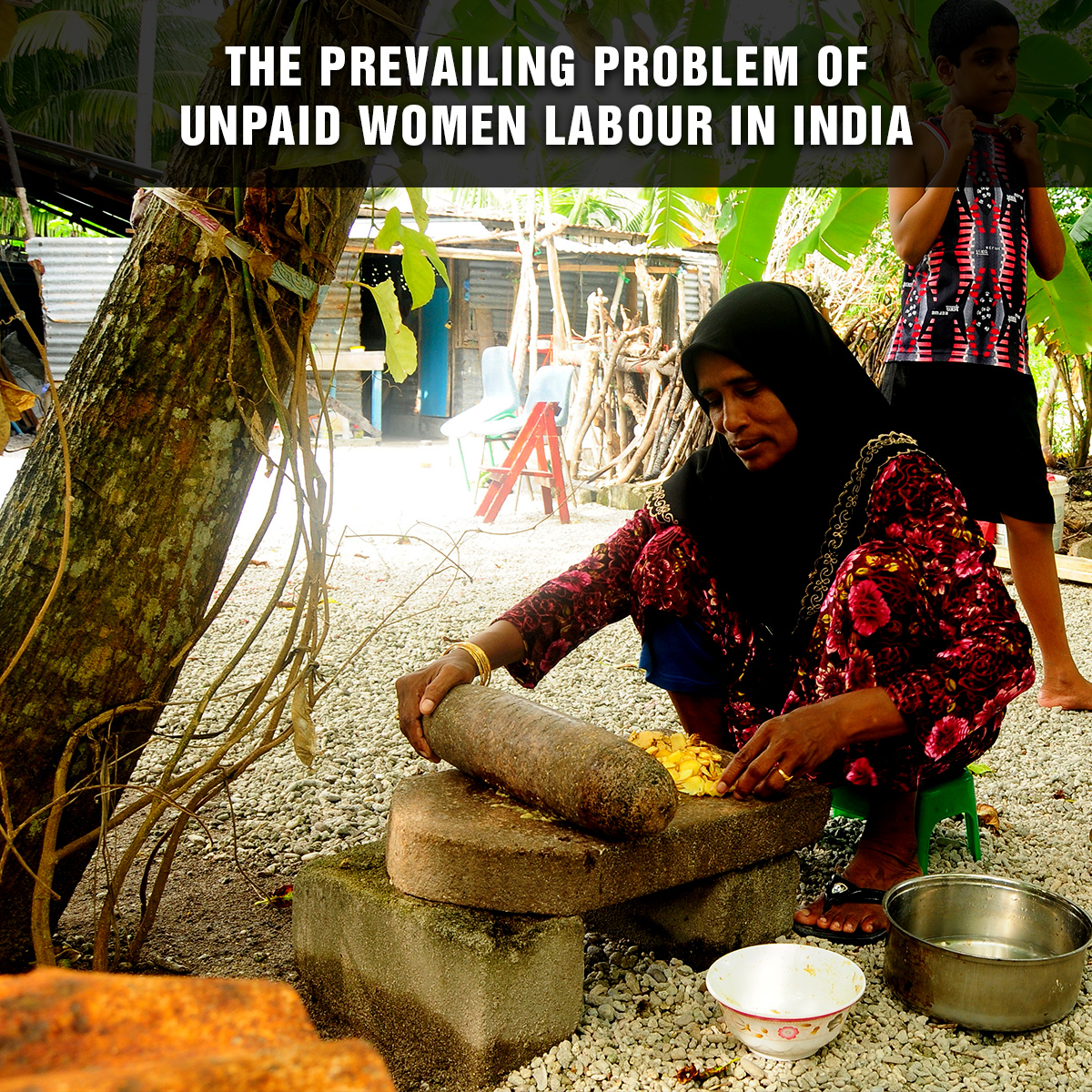The Labour
System Scenario
The labour system
in India constitutes the organised and unorganised sector. The organised sector
comprises of the licensed organisations but it is the unorganised sector which
covers around 94% of employment in India. These unorganised sectors include
artisans, masons, farmers, weavers, farm labours and many others. And in this
unorganised sector includes the contribution of both men and women where women
labourers cover around 27% till date.
The Gender Gap
& Employment Issues
In this 21st
century, there is no question of men and women working in each and every sector
with equal fervour. Women are treated as equals and are given prominent
positions if they are capable enough.
But, this is not
how it is fathomed in most regions of our nation. The problem of unpaid work
among women has shown startling statistics even in this advancing world. It has
been deducted that even after half of the work done by women population in
India, they have fallen prey to an adverse fate of unpaid labour.
The domestic work
done by women, particularly the household activities, dairy farming,
agricultural tasks and likewise are undervalued and are not considered for any
monetary evaluation.
The reasons for
such behaviour and injustice against women could be blamed on the patriarchal
system of the society. Their work is not acknowledged to be productive and
hence they succumb to this societal norm of working unpaid even after carrying
out equal hours of work as men. Such vulnerable work standards have resulted in
the loss of decision making among women and there have been cases of emotional
breakdown in their behaviour as well.
The problem is not
restricted to India but other countries as well. The Vienna Declaration and
Programme of Action (VDPA) mentioned its principle of advancing women’s rights
and reclaimed the NGO slogan “Women’s Rights are Human Rights”.
The result? This
discrimination has resulted in a decrease in the number of women labour in
India. The orthodox social norms, negligible protection and inability to access
any digital means have resulted in the reduction of women workforce in the
country, which eventually sets down the GDP to monumental level.
But, this societal
evil has been recognised and brought up in consideration by many governmental
and non-governmental agencies.
• NGO in Delhi and several other cities have stepped forward in
improving the working condition of women. Even a National Policy for
Empowerment of Women has been launched previously with numerous objectives that
regulate around the goodwill and development of women.
• In order for women to realize their full
potential, positive economic and social policies have been put forward to
create a structure that favours the working condition of women in every
situation.
• The local decision-making bodies, unions or
corporations gave way to health care, equal remuneration, occupational health and
safety for women that were abstained from them.
But as a human
being, we do have our social responsibilities and concern in uplifting the
standards of women and their motivation to work.
• Changing the mindset of people through
different kinds of education could be the foremost effort from our society.
People need to understand what a woman sacrifices for her family and her labour
work could not to be discarded at any cost.
• Monetary evaluation has played the role of
evil against the non-working class of women. It has resulted in their presumed
inferior status and thus domestic violence at home. Awareness is required in
this regard that not being a breadwinner does not make the woman any less
important than her husband.
• Not only in the development of a country,
but women’s contribution to family and society is pivotal.
• There is a need for gender balance as well
as a complete eradication of female foeticide that are a hindrance to the
development of this advancing age.
• Women should be duly given their Right of
Choice in areas of education, work, marriage and any other domain that concerns
them.
A renaissance of change needs to be
introduced if you want to see this world free of any gender discrimination.
Equal pay for equal work should be implemented, keeping the workplace dignity
and motivation of women workforce intact.
Comments
Post a Comment